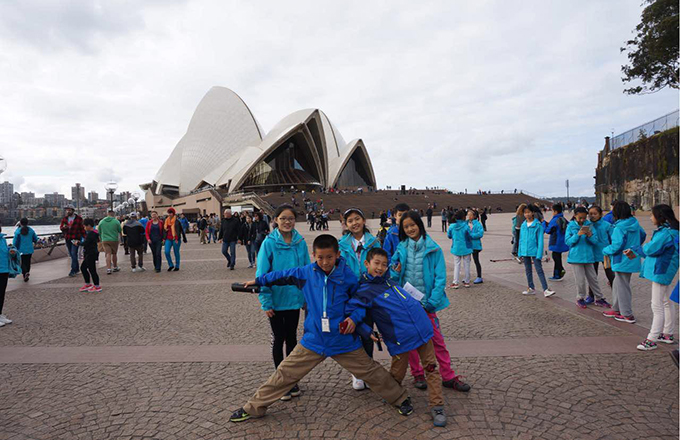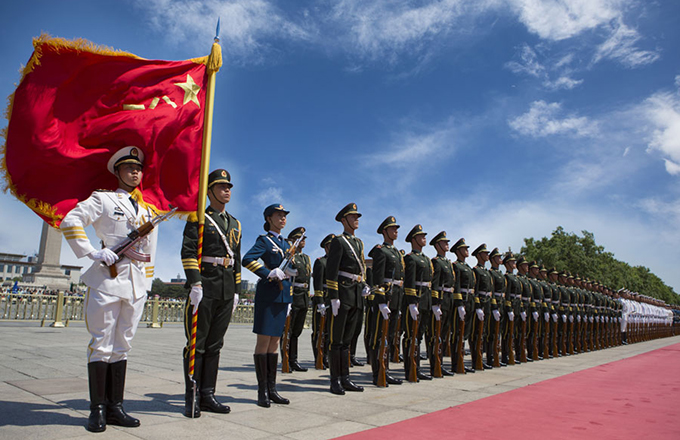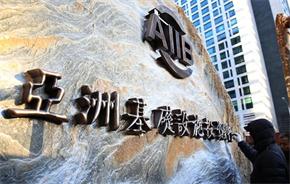Climate change brings out the ugly, the bad and the good in US
By Chen Weihua (China Daily) Updated: 2017-08-11 07:37What happened in the past two weeks has highlighted the world superpower's leadership and its loss of leadership on the climate front.
First it was the release of the documentary An Inconvenient Sequel: Truth to Power on July 28. Former US vice-president Al Gore inspired the whole world in 2006 with his An Inconvenient Truth, which helped him win an Oscar, and the 2007 Nobel Peace Prize.
In the sequel, Gore continues to warn people of the dire fallout of climate change, and also offers hope from increasing global actions, such as in reaching the historic Paris climate agreement in 2015.
An admirer of Gore's work, I was a bit upset watching the movie in the AMC Loews Georgetown due to the poor attendance. I had hoped that such a serious movie would have a box office better than the action movie Wolf Warriors II, which raked in $5 billion in China in 13 days.
After all, 56 percent of Americans named climate change as a major threat to their country, trailing only the Islamic State group, according to a Pew survey released on Aug 1. But why they are indifferent to the movie?
The Barack Obama administration played a critical role in rallying the world in concluding the Paris Agreement, including teaming up with China, and the two countries played exemplary roles in securing the agreement.
However, US President Donald Trump has been busy reversing course. On June 1, he announced the US would withdraw from the Paris accord. Last Friday, his administration submitted a letter to UN Secretary General Antonio Guterres officially informing him of the US decision, though still leaving the door open for US reengagement if the terms improve.
Under Obama, the US pledged to reduce greenhouse gas emissions by up to 28 percent over the 2005 levels by 2025. But Trump regards this as bad for the US economy and jobs and he apparently wants to lower the target.
Trump appointed climate denier Scott Pruitt as director of the Environmental Protection Agency, and proposed to cut EPA's budget by a third. Right after taking office, he signed executive orders to revive the controversial Dakota Access and Keystone XL oil pipelines.
He also signed an executive order that aims to rescind Obama's Clean Power Plan that caps the amount of greenhouse gases from power plants.
The news this week is that the US Agriculture Department has advised employees to avoid the term "climate change" and "climate change adaption" and to instead use "weather extremes" and "resilience to weather extremes".
Meanwhile, a draft government report on climate change is awaiting the the Trump administration's approval. In the report, scientists from 13 federal agencies conclude that people in the US are already feeling the effects of climate change primarily due to human activities.
There is a fierce tug-of-war going on in the US on the climate front. While the Trump administration is reversing course, people like California Governor Jerry Brown have stepped up. Brown talked with President Xi Jinping about cooperation on climate change, right after Trump's announcement to withdraw from the Paris accord. Brown praised Xi for his leadership on climate change when talking on NBC's Meet the Press on Sunday.
China has made a great leap forward in developing clean and renewable energy in recent years, becoming by far the world's top renewable electricity producer. Yet that is just the first step in the long march to tackle the country's severe pollution and embarking on a sustainable path of "clear waters, lush mountains" in Xi's words.
And all indications are that China remains determined and unwavering despite the US' reversal.
The author is deputy editor of China Daily USA. chenweihua@chinadailyusa.com












